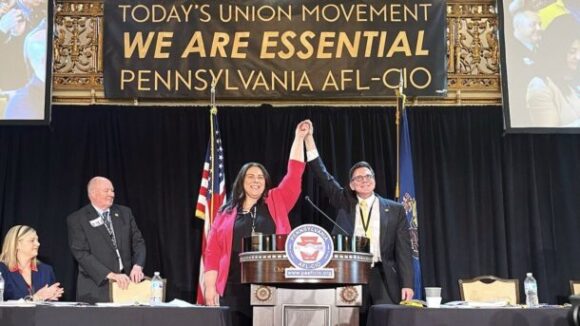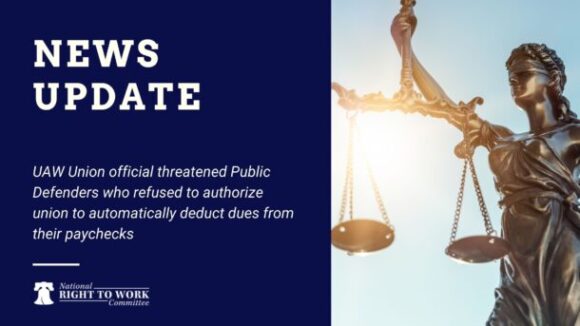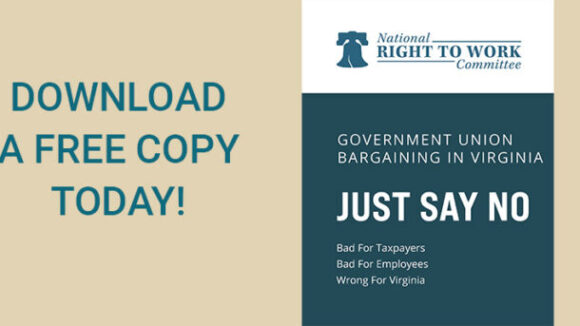Perpetual Union-Boss Control Over Pennsylvania?
The state AFL-CIO hierarchy is leading the charge for a constitutional ban on Right to Work even as it deals with a scandal.
With a population that has shrunk by nearly 50% since 1940 and by more than 25% since 1970, and a median household income of under $36,000, Scranton, Pa., desperately needs to get control over its sky-high municipal-employee compensation costs.
Unfortunately, state labor statutes mandating government union monopoly bargaining and binding arbitration whenever such bargaining is at an “impasse” have for decades made it effectively impossible for Scranton’s mayor and city council to put a cap on Big Labor-negotiated public-safety salaries that are twice or three times as high as the local average and lavish health-care and retirement benefits.
A quarter-century ago, state elected officials tried to undo some of the damage they’d done to municipalities by enacting Act 47, designed in part to allow financially distressed municipalities like Scranton to refuse to obey the dictates of Big Labor-dominated arbitration panels. However, a questionable 2011 state Supreme Court decision found on narrow and technical grounds that Act 47 did not apply to a series of rulings by unelected arbitrators mandating bonuses, pay increases, and reduced deductibles for unionized government employees in Scranton.
Last week, Lackawanna County Judge Michael Barrasse put the icing on the cake when he signed orders entitling union bosses to seize city assets to cover $21 million owed to unions not as a result of any deal ever negotiated with public officials or their agents, but solely as a result of arbitrators’ rulings.
In a Monday editorial (see the link below), the Scranton Times-Tribune all but cried out in despair over the plight into which their city has been thrown by union-label legislators in Harrisburg and pro-forced unionism activist judges:
It finally has happened. Scranton’s public safety unions no longer just run the city government, they actually own it.
Municipal elections for mayor and three council seats are on the ballot this year, but there is little need to proceed, since the city’s elected officials don’t actually have any power. Their sole function is to funnel tax money to the unions.

The state AFL-CIO hierarchy is leading the charge for a constitutional ban on Right to Work even as it deals with a scandal.

UAW Union official threatened Public Defenders who refused to authorize union to automatically deduct dues from their paychecks

Just say no to government union bargaining in Virginia In our Republic, all citizens have a right to petition their elected officials for redress of grievances, but no one should have special access to decisions over spending public funds, which monopoly bargaining grants union officials.